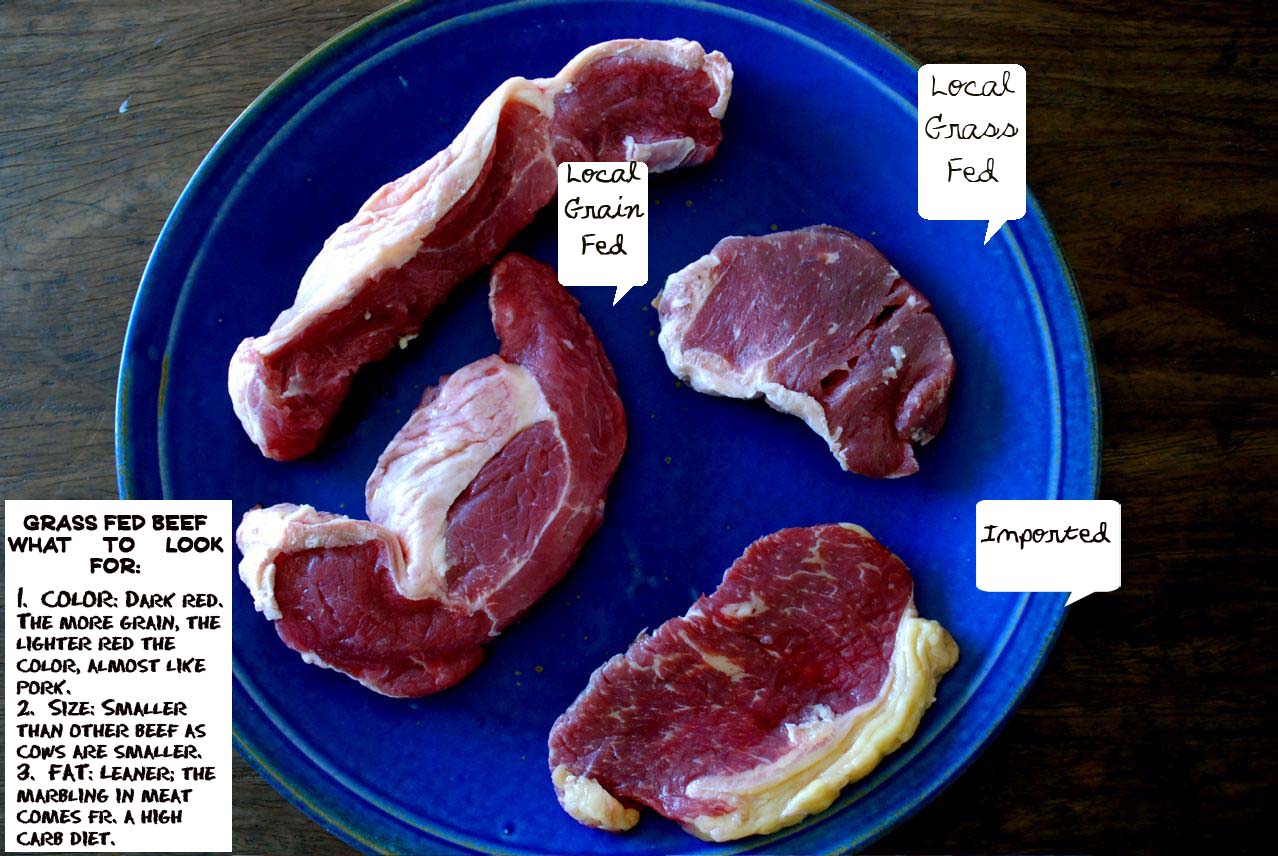 Loading... Please wait...
Loading... Please wait...
WE DELIVER! 6328140854
Pages
- Home
-
Consult/GetAdvice
- Workshops
-
Grow your Own Food
- About Us
-
Blog
-
Learn
- Why you should be eating Slow Growing, Heritage Breed, Pasture-raised Chickens
- The Philippine Cattle Industry: An Introduction
- Biodynamic Food: Healthier & Tastier
- Grass Fed Beef v. Imported v. Grain
- Understanding Meat Terms: Grass Fed, Pastured and Organic
- Pasture-raised v. Free-range Chickens
- Questions to ask to ensure you're buying Grass Fed Beef
- Storing and Handling Beef
- Cooking Grass Fed Beef to Perfection
- Cooking Grass Fed Steak
- Grass Fed Beef: More Health Benefits
- Grass Fed Beef: Lower in Fat, Calories, High in Omega-3s
- Grass Fed Beef: Healthier Meat than Chicken
- FAQ
-
Contact
Questions to ask to ensure you're buying Grass Fed Beef
Beef may be labeled organic, and still have been raised in confinement and fed grain throughout its life. How do you determine how the animal was raised and treated? Some questions to ask:

1. Were the animals fed grain, silage or concentrate and in what quantities?
Cattle (ruminants) that are 100% grazed on grass or other green plants have the highest level of omega-3, CLA, beta-carotene, and vitamin E. Alternative feeds such as hay or grass silage can cause a slight reduction on nutritional value although not as much as grain or corn silage. If the animals were put to pasture again, the nutritional value rebounds in 2-3 months. Please note that pigs and poultry are not ruminants and so cannot get all their nutrients from grass. They will always be given some feed supplement.
DowntoEarth Grass Fed beef comes from livestock that has been raised on 100% local grasses, which build up the cattle’s immune system. Local grass fed beef are more sturdy and have especially adapted to our local climate.
2. Did the animals (cattle) get any additional feed while they were on pasture?
Some ranchers advertise their animals as grass fed or grass-finished even when their feed have been supplemented with grain or other products while on pasture. The meat will have lower levels of omega-3s and CLA because of the grain. However, meat from an animal that has been able to graze in its last few months of life is still nutritionally superior to feedlot beef, even if the animal has also been given some grain. It's a matter of degree.
DowntoEarth Grass Fed beef has been sourced direct from small farmers who raise their animals on their natural diet of grass from beginning to end.
3. Were pesticides, herbicides, feed antibiotics, or growth-promoting hormones used in the production of these animals?
These practices should be avoided.
As DowntoEarth Grass Fed Beef comes from cattle that eat nutrient rich, local grass suitable to our climate, their immunity is high so there is no need to treat them with anti-biotics or hormones. That is why the beef you buy has twice the shelf life of imported beef in the local wholesale market.
Research based on an article from http://www.eatwild.com/tenderhealthy.html
